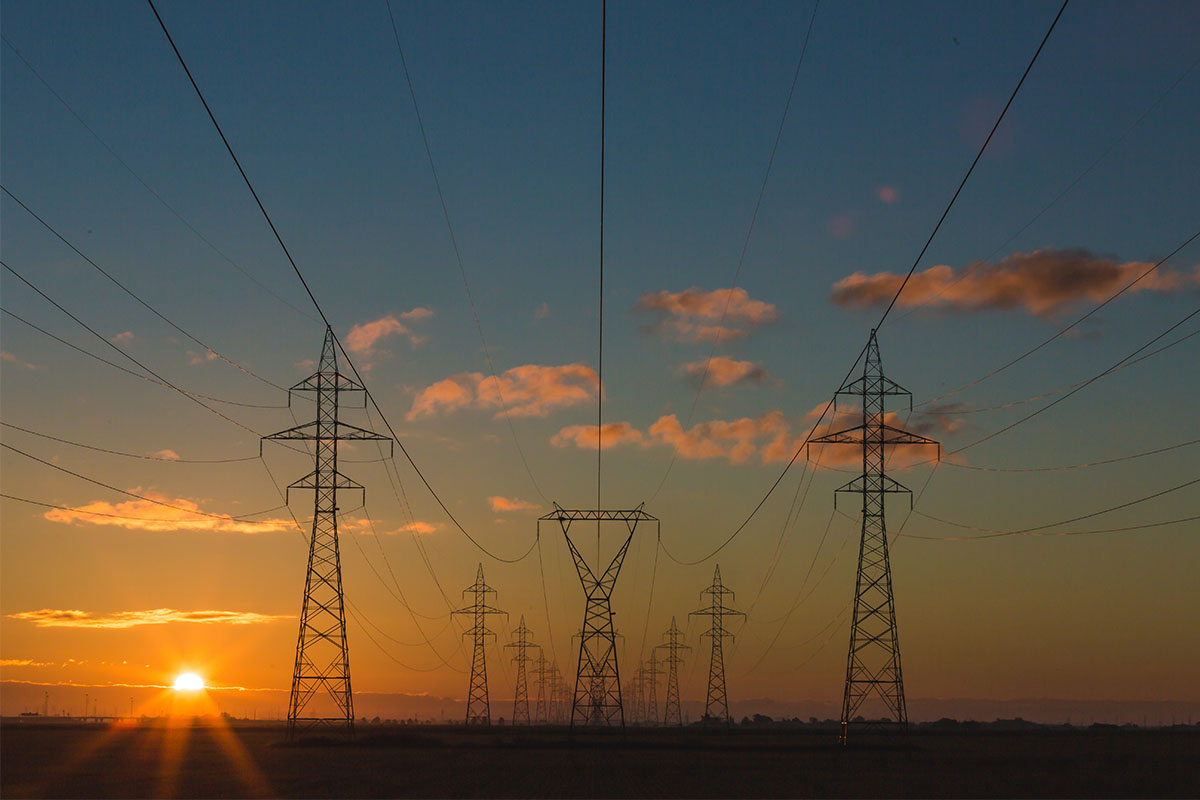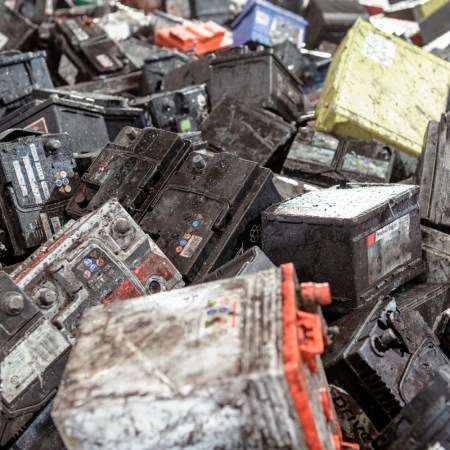A number of studies over the years have linked modest annual salaries with ideal life satisfaction, in order to illustrate that well-being isn’t an infinite resource and actually tends to plateau. The exact number has changed over the years — updating with inflation and more exacting research — from $75,000 a year (a number computed by Angus Deaton, a former Nobel laureate in economics) to around $105,000 a year.
Is it impossible to be happy if you have three cars and a beach house? Of course not. It just becomes more difficult to derive happiness from what money can buy. (Sometimes, even, high earnings leave people more miserable than they were when they started their professional journey.) Money solves a lot of problems, and is absolutely correlated with physical fitness, emotional well-being, safety, education, you name it. But once those basic needs are met, mindset shoulders a heavier burden in generating and maintaining happiness.
As it turns out, energy use has a similar relationship to life satisfaction. An intrepid study from Stanford University, published this week in Ecosphere, found that the average American uses 284 gigajoules a year, which is nearly four times the amount of energy that’s positively correlated with life-satisfaction, at a mere 75 gigajoules.
Researchers compared energy use and qualify of life across 140 countries, and turned to the United Nations’ Sustainable Development Goals in order to reach conclusions. The criteria includes nine important benchmarks: access to electricity, air quality, food supply, Gini coefficient (a figure that calculates wealth inequality), happiness, infant mortality, life expectancy, prosperity and sanitation. Every single metric except air quality, which obviously benefits from as little energy use as possible, peaked at or below that “magic number” of 75 gigajoules.
Similar to the salary hypothetical, there is a basic level of energy use needed to guarantee a stable lifestyle. Hundreds of millions of people across the world don’t have access to electricity (this is referred to by the authors as “energy poverty”) and while they may not be using up many gigajoules, they’re more likely to suffer from malnourishment.
But the average American is overspending their energy capital at the far end of the spectrum. While the biggest end-use sector in American energy consumption is industrial, which might feel out of the individual’s control, transportation is right behind it. And residential (home use) takes up a big slice of the pie, too. Cutting back on car use and unnecessary flights, encouraging green initiatives in your neighborhood (like “superblocks”!) and finding more sustainable ways to power your home are all good places to start.
While salaries have extremely personal implications, and balancing money and mindset will impact the happiness of the individual, efficient energy use creates happiness for the collective. Once an entire street, state or country gets its gigajoules per capita down, everyone living in that area benefits from the health and happiness that sustainable living brings. Ultimately, less could mean a whole lot more.
The Charge will help you move better, think clearer and stay in the game longer. Subscribe to our wellness newsletter today.



















